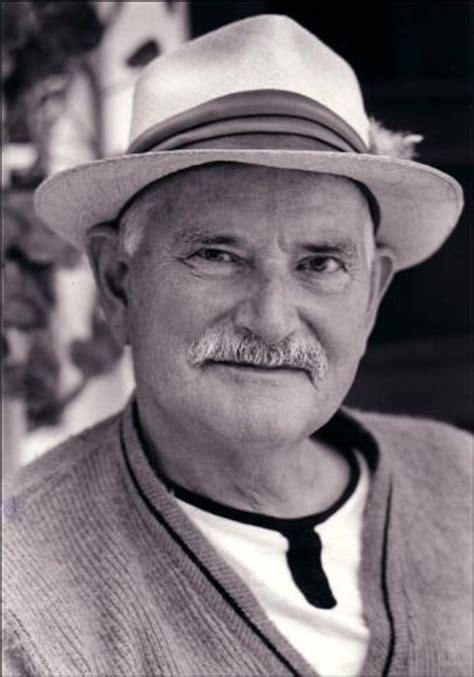A Quote by Algernon Charles Swinburne
When fate has allowed to any man more than one great gift, accident or necessity seems usually to contrive that one shall encumber and impede the other.
Related Quotes
The purely material world seems to have more in common than we with the unchanging and everlasting years of the Great Creator. Yet we know that it is not so. In reality the rocks are less enduring than man. Each man's personal self will still survive for weal or woe, when another catastrophe shall have utterly changed the surface of this planet, and the elements shall have melted with fervent heat, and the earth also and all things that are therein shall have been burnt up.
Economics is haunted by more fallacies than any other study known to man. This is no accident. The inherent difficulties of the subject would be great enough in any case, but they are multiplied a thousandfold by a factor that is insignificant in, say, physics, mathematics or medicine - the special pleading of selfish interests.
Re-examine all you have been told in school or church or in any book,and dismiss whatever insults your own soul... It is also not consistent with the reality of the soul to admit that there is anything in the known universe more divine than men and women. The master knows that he is unspeakably great and that all are unspeakably great. There will soon be no more priests... They may wait awhile, perhaps a generation or two, dropping off by degrees. A superior breed shall take their place.A new order shall arise and they shall be the priests of man,and every man shall be his own priest.
It seems to me that the novel is very much alive as a form. Without any question, every epoch has its own forms, and the novel nowadays cannot resemble that of the nineteenth century. In this domain all experiments are justified, and it is better to write something new clumsily than to repeat the old brilliantly. In the nineteenth century, novels dealt with the fate of a person or of a family; this was linked to life in that period. In our time the destinies of people are interwoven. Whether man recognizes it or not, his fate is much more linked to that of many other people than it used to be.
I will insist the Hebrews have [contributed] more to civilize men than any other nation. If I was an atheist and believed in blind eternal fate, I should still believe that fate had ordained the Jews to be the most essential instrument for civilizing the nations. They are the most glorious nation that ever inhabited this Earth. The Romans and their empire were but a bubble in comparison to the Jews. They have given religion to three-quarters of the globe and have influenced the affairs of mankind more and more happily than any other nation, ancient or modern.
When good is near you, when you have life in yourself, it is not by any known or accustomed way; you shall not discern the foot-prints of any other; you shall not see the face of man; you shall not hear any name; the way, the thought, the good, shall be wholly strange and new. It shall exclude example and experience.
We patronize the animals for their incompleteness, for their tragic fate of having taken form so far below ourselves. And therein we err, and greatly err. For the animal shall not be measured by man. In a world older and more complete than ours, they are more finished and complete, gifted with extensions of the senses we have lost or never attained, living by voices we shall never hear. They are not brethren, they are not underlings; they are other Nations, caught with ourselves in the net of life and time.
A man is not merely a man but a man among men, in a world of men. Being good at being a man has more to do with a man’s ability to succeed with men and within groups of men than it does with a man’s relationship to any woman or any group of women. When someone tells a man to be a man, they are telling him to be more like other men, more like the majority of men, and ideally more like the men who other men hold in high regard.
I think I started to approach time in a different way after the accident. Before I was more willing to give my time to people and things that I wasn't as interested in because somehow I allowed myself to be brainwashed into being forced to work with other people or on other projects that I had no interest in. So simply, the accident gave me the opportunity to do what I really wanted to do.





































